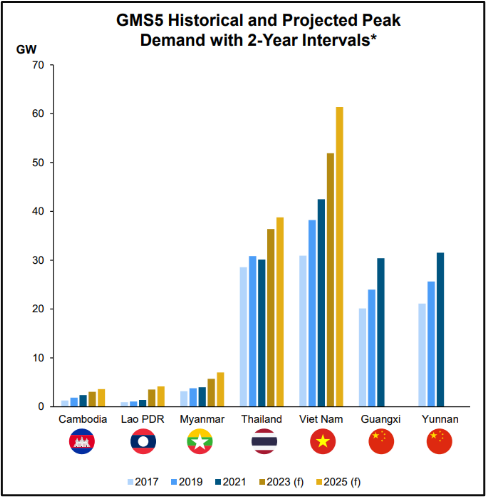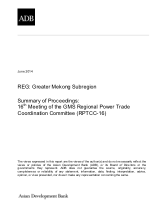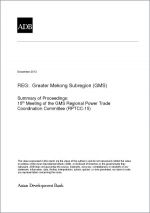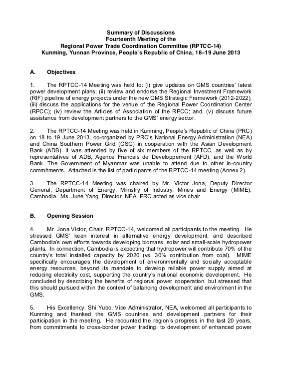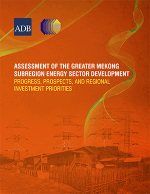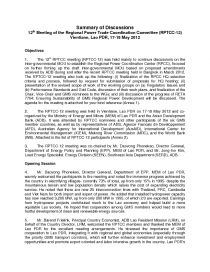Cross-Border Energy Trade Powers Development in Cambodia
A Greater Mekong Subregion project helps builds a transmission line from Viet Nam to Cambodia to provide a steady supply of electricity to communities and industries in the southern part of the country.

